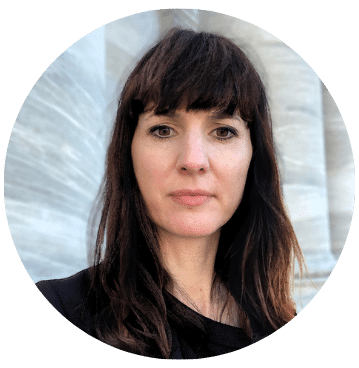David A. Bond, MD

Researcher Spotlight: David A. Bond, MD The Ohio State University Comprehensive Cancer Center Arthur G. James Cancer Hospital Diffuse large B-cell lymphoma (DLBCL) is the mostcommon type of non-Hodgkin lymphoma (NHL). SinceDLBCL can advance quickly, it usually requires immediatetreatment, which…








